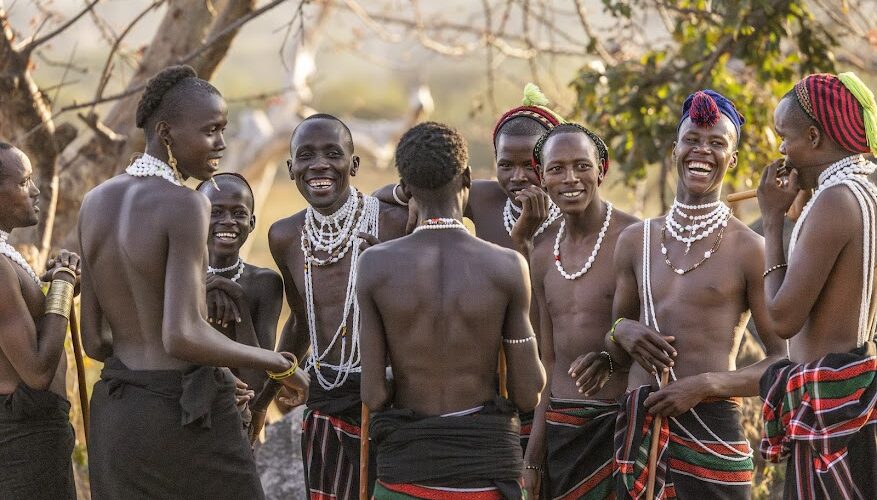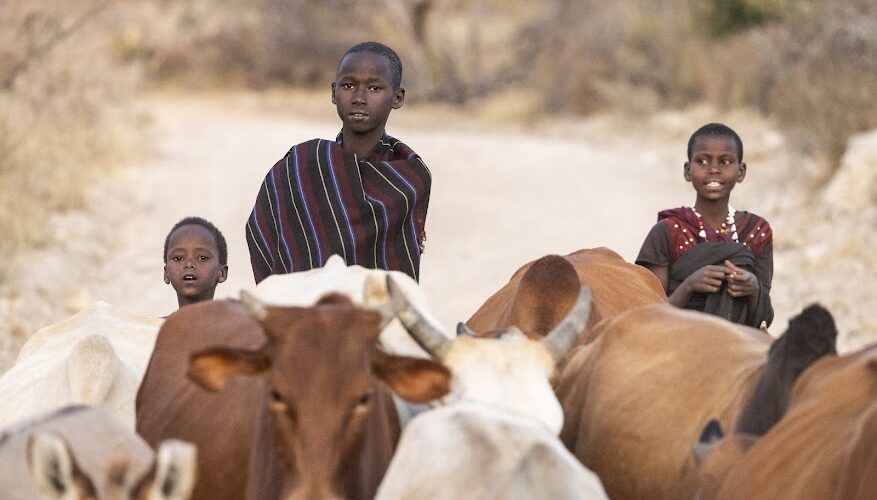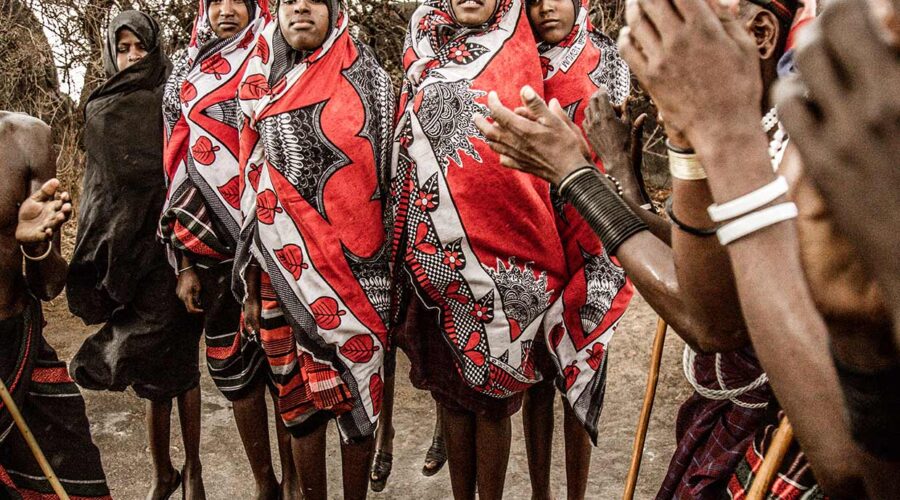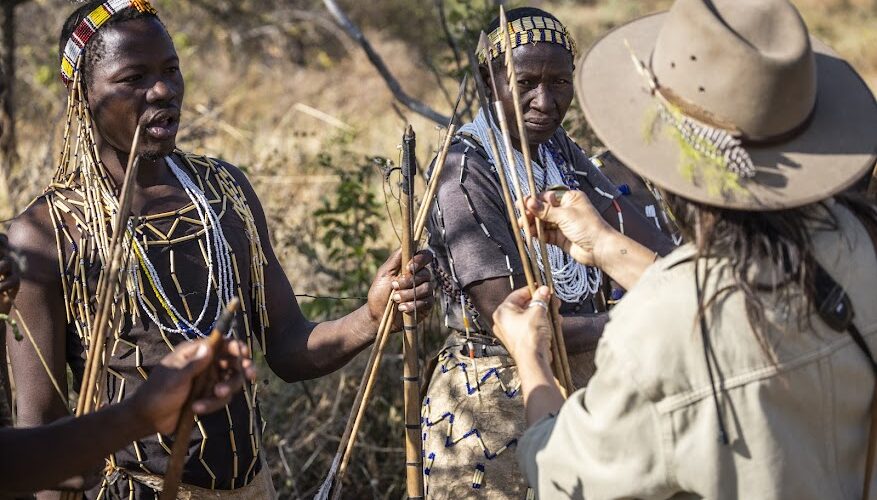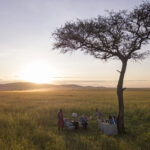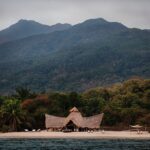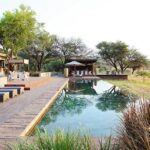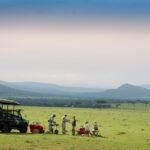We empower crucial wilderness areas in East Africa, benefiting both nature and local communities. Tanzania, with its iconic national parks, abundant wildlife, and diverse landscapes, has long been a magnet for travelers seeking a safari adventure. Moreover, Tanzania stands at the forefront of sustainable tourism, where preserving nature and empowering communities is central to the industry. In this article, we explore Tanzania’s commitment to sustainable tourism and the initiatives that make it a leader in responsible travel.
Our Commitment to Social Responsibility
At Paul Tours Safari, we understand that our role extends beyond providing exceptional travel experiences. As part of the tourism sector, we are committed to investing in and supporting the communities in which we operate. Through our social responsibility programs, we strive to make a meaningful impact and contribute to the sustainable development of these communities.
Investing in the Community
We recognize that our success intertwines with the well-being of the communities that welcome us. By supporting diverse local projects and programs, we aim to improve lives and foster positive change. Our efforts focus on education, healthcare, and infrastructure development, empowering communities to grow economically and socially.
Promoting Sustainable Development
Our commitment to sustainable development guides our actions. We believe that contributing to community growth in a responsible and enduring way means supporting projects with a long-term impact. For instance, we collaborate with local partners to establish educational scholarships, support health clinics, and build community centers. Such initiatives ensure that our contributions are not just temporary fixes but have a lasting and meaningful influence.
Protecting Tanzania’s Natural Heritage
Tanzania is home to some of the world’s most celebrated wonders, such as Serengeti National Park, Ngorongoro Crater, and Mount Kilimanjaro. Sustainable tourism practices help protect these fragile ecosystems for future generations to enjoy. The establishment of national parks and protected areas has contributed significantly to safeguarding critical habitats and promoting wildlife conservation.
Conservation and Ecotourism Efforts
Tanzania’s government, along with various conservation organisations, tirelessly works to combat poaching, protect endangered species, and preserve critical habitats. Anti-poaching measures have successfully safeguarded iconic wildlife like elephants and rhinoceroses, which are vital for the ecological balance. Furthermore, ecotourism initiatives have allowed visitors to explore nature while minimizing their environmental impact. Eco-friendly lodges, low-impact safari experiences, and sustainable transportation options enable travelers to appreciate Tanzania’s beauty responsibly.
Community Involvement and Economic Empowerment
Engaging communities in conservation efforts is a cornerstone of sustainable tourism in Tanzania. Revenue generated from tourism is reinvested into local communities, supporting education, healthcare, and infrastructure development. For example, initiatives such as training programs help residents acquire valuable skills in hospitality, guiding, and wildlife management. This approach not only ensures economic empowerment but also fosters a sense of ownership and pride among local people.
Promoting Cultural Preservation
Tanzania’s diverse cultural heritage is an integral part of the tourism experience. Sustainable tourism initiatives support and celebrate local traditions, offering visitors authentic encounters with Maasai, Chagga, and other indigenous communities. This approach also provides economic opportunities, allowing these communities to share their heritage with the world while maintaining their customs.
Wildlife Corridors and Habitat Connectivity
Tanzania has established wildlife corridors to connect protected areas, allowing animals to roam freely and maintain genetic diversity. These corridors help prevent human-wildlife conflicts by minimizing encounters in human settlements. The creation of such pathways is crucial for the survival of migrating species, ensuring that Tanzania’s famed wildlife can thrive in their natural habitat.
Renewable Energy and Sustainable Practices
Many lodges and accommodations in Tanzania have adopted renewable energy sources like solar power and implemented sustainable practices such as waste recycling and water conservation. These efforts significantly reduce the ecological footprint of tourism operations. Paul Tours Safari supports such lodges, as they reflect our commitment to environmentally conscious travel.
Certification and Standards for Responsible Travel
To maintain high standards of responsible tourism, Tanzania has implemented certification and accreditation programs. Certifications such as Fair Trade Tourism and Rainforest Alliance help travellers identify providers that adhere to sustainable practices. This system enables conscious travellers to make informed decisions and contribute to the growth of sustainable tourism.
Education and Awareness Initiatives
Education and awareness programs play a crucial role in sustainable tourism. By educating locals and visitors about the importance of environmental preservation and cultural respect, Tanzania ensures that everyone plays a part in protecting its natural and cultural heritage. At Paul Tours Safari, we encourage our guests to engage in responsible tourism practices, reinforcing the importance of these initiatives.

